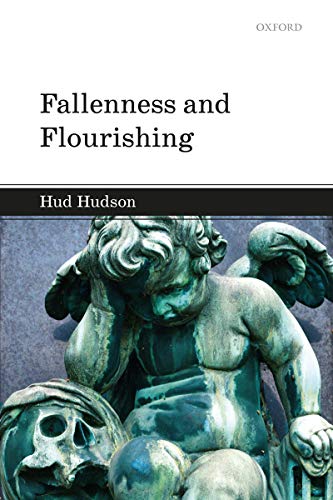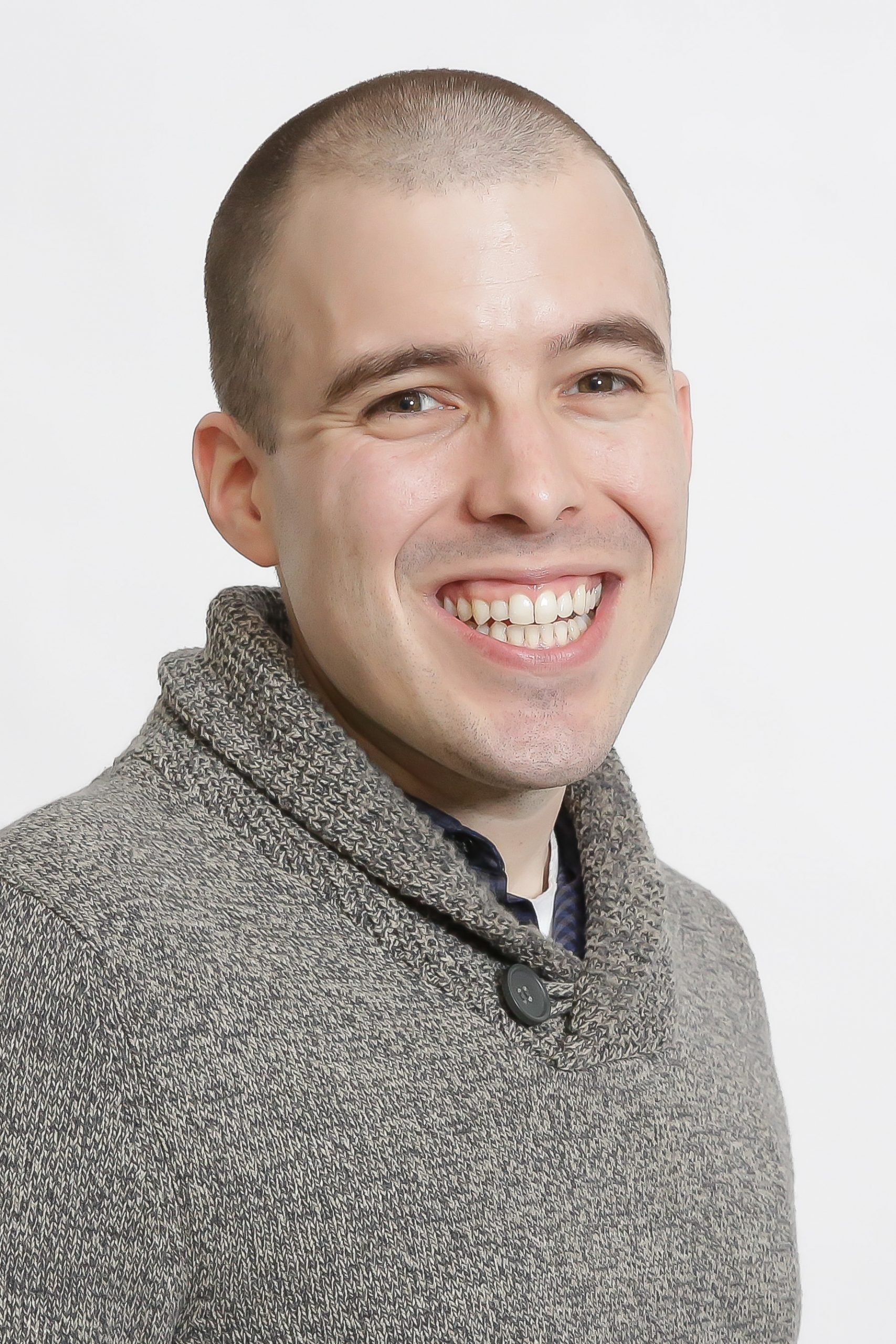
Philosophers Michael Austin (Eastern Kentucky), Charity Anderson (Baylor), and Kent Dunnington (Biola) reflect on Hud Hudson’s Fallenness and Flourishing (Oxford, 2021) in a recent book symposia discussion (introduced by James Arcadi) at the Henry Center’s Sapientia.
Hud Hudson is Professor of Philosophy at Western Washington University, and the author of multiple books, including A Grotesque in the Garden (Eerdmans, 2020).
In his essay, Kent Dunnington shows that Hudson’s story can be ‘compressed’ as follows
(1) The world is bleak and most everybody is ill-off and unhappy.
(2) This is a consequence of human sin, especially our prideful efforts to pursue happiness independently of God.
(3) Such efforts mire us in unhappiness, particularly in the deadly sin of sloth: apathetic resistance to the demands of love.
(4) Since sloth diminishes human agency, we need God’s atoning grace to extricate ourselves from our unhappiness.
(5) The virtue of obedience opens us up to this grace.
While Dunnington shares Hudson’s “penchant for pessimism” he is, “less confident than [Hudson] that pessimism as a philosophy of life is warranted or beneficial.” Among other important questions, Dunnington wonders “how essential, really, is Hudson’s pessimism to his overall argument?” What if, Dunnington raises, (1) were replaced by
(1*) The world is brimming with gratuitous goodness, yet most of us persistently ignore, reject, and efface it.
in Hudson’s story?
Mike Austin praises Hudson’s book for “its philosophical quality but also for its deep insight into issues that relate to spiritual and moral formation.”
A slow and reflective reading on the nature of sloth as it is analyzed in the pages of this book would be potentially very useful for such purposes. This is moral philosophy and moral theology at its best, offering wisdom that can be lived.
Austin thinks that Hudson has made a “strong prima facie case for understanding obedience as a virtue. ” How does Hudson conceive of obedience? According to Austin (quoting Hudson), obedience is conceived as
an abiding and deeply seated pro-attitude towards uniting one’s will with God’s will and a robust and stable set of dispositions aimed at combatting . . . our perpetual state of concupiscence which is daily fueled by self-love . . . self-deceit . . . the lesser goods of pleasure, knowledge, and power in the world.” It includes the positive “disposition to commit oneself to God’s revealed word by faith, to persevere in the hope for the realization of the promises of that word, and to promote that realization in the exercise of charity through properly grounded love of God and neighbor (pp. 162–63).
Austin’s essay goes on to examine “some important ways that hope can and ought to play in relation to Hudson’s four components of obedience: humility, restraint, response, and love.”
Charity Anderson commends Hudson’s book as an “engaging and creative attempt to diagnose one of the most important problems that human beings face—the failure to flourish—and offer a path forward . . .”
Anderson’s essay engages with two different parts of the book: First, she examines theodicy and “its impact on the pessimistic worldview that Hudson advocates.” Second, she “raises several questions about Hudson’s proposal that obedience is the key to unlocking happiness and well-being” (e.g., whether those who have cultivated obedience are in fact happier?).
Anderson concludes:
Suppose we grant that cultivating the virtue of obedience is a metaphorical ‘primer’ for the paint colors of well-being to display themselves more vividly. If it seems to us that in those who—to the best of our knowledge—have cultivated the virtue of obedience, the colors still don’t show all that vividly, what should we think? Are those who cultivate obedience only flourishing slightly more by comparison with those who lack obedience? It is unclear to what extent Hudson thinks we can expect to flourish on this earth even if we manage to cultivate the virtue of obedience. But it’s difficult to judge the thesis of the book—that obedience is the key to flourishing—without a better appreciation of what Hudson thinks about the prospects of the obedient flourishing now.
Theologian Olli-Pekka Vainio (Helsinki) also contributes to the book symposia, along with a reply from Hudson.










